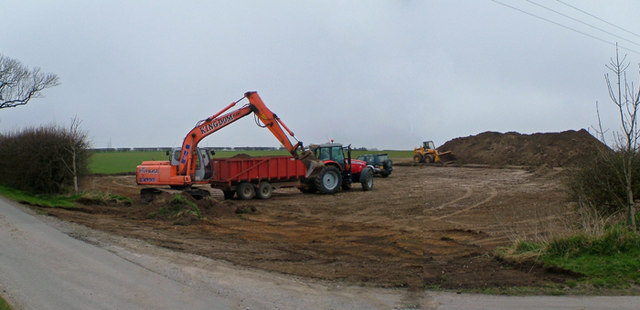The UK construction sector slowed down following the Brexit vote in June, according to a survey conducted by the Royal Institution of Chartered Surveyors (RICS).
The RICS survey revealed that in the third quarter of 2016 only 19% of surveyors reported an increase in construction workloads rather than a decline, representing the lowest reading since the second quarter of 2013.
Private housing continued to show the highest level of growth compared to other construction sectors, with 27% more chartered surveyors reporting workloads had risen rather than fallen. Meanwhile, in the private commercial sector a net balance of 16% of contributors reported a rise in workloads.

The survey revealed that London and the south-east of England suffered the most due to a slowdown in commercial property building.
The highest rate of construction growth was in the Midlands steamed ahead, with 30 percent more surveyors reporting an increase in building activity.
In Scotland workloads stayed broadly flat for the second consecutive quarter.
Jeremy Blackburn, RICS UK head of policy, said:
“It seems that when it comes to private housing, we are indeed the builders. The Government’s commitment to this critical sector has clearly had a positive impact on growth. However, what the figures mask, is the disparity between the kinds of properties that are being built. When the Communities Secretary publishes his Housing White Paper later this month, he must deliver a housing programme that benefits more than the just the fortunate few. We need to shift the rhetoric away from home ownership and encourage the building of affordable rental properties in the suburbs and our cities.
“While the Midland’s Engine – driven by high speed rail programmes – is building up steam, we expect the Chancellor to initiate a wave of smaller infrastructure schemes, whether new build, repair or upgrade, across the transport network. As the UK prepares for the changes ahead, the ability to move people, goods and services more effectively will be vital and we expect locational investment in road, rail, air and sea ports. Government must continue to reassure and encourage investors in the coming months so that improvements to UK infrastructure can continue.”
Optimism about the next 12 months
The survey found that a net balance of 49pc more respondents expect workloads to rise rather than fall over the next year, forecasting building activity to increase by 2.5%.
The RICS report said:
“Following the initial shock of the vote to leave the EU, contributors expectations for growth over the year to come have improved relative to the end of June and a net balance of 49% of respondents now forecast a rise in their workloads over the year to come. On average, contributors foresee activity rising by 2.5% over the next twelve months”

